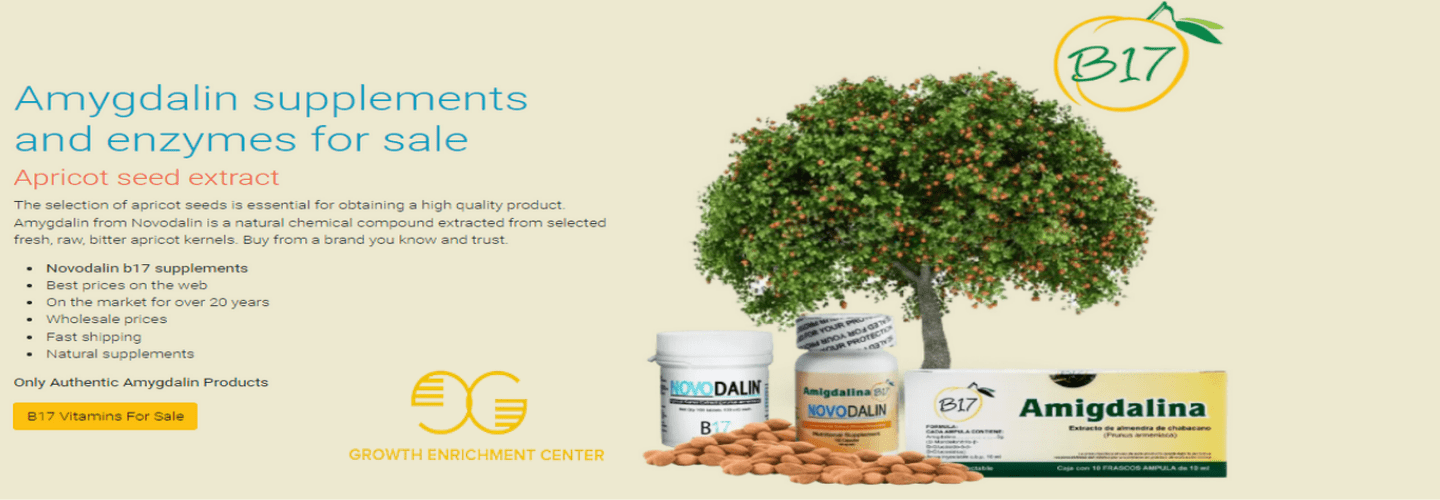
Quitting alcohol can markedly boost your mental clarity and focus, improving memory and cognitive functions. You'll notice better sleep quality, which revitalizes your daily energy levels. Your heart and liver health will improve, reducing disease risks effectively. Sobriety also deepens and strengthens your relationships through clear communication and trust. Lowering your cancer risk, each alcohol-free day is a step toward a healthier, more vibrant you. Discover further how these changes can transform your life.
Key Takeaways
- Experience enhanced mental clarity and focus through mindfulness practices after quitting alcohol.
- Improve memory and cognitive functions, leading to better information retention.
- Enjoy deeper, more restorative sleep, boosting overall health and mood.
- Enhance physical health by reducing risks of heart disease and liver damage.
- Strengthen personal relationships and reduce cancer risk with sustained sobriety.
The Power of Mental Clarity and Enhanced Focus
Why settle for a foggy mind when you could experience sharp mental clarity and enhanced focus?
Embracing mindfulness practices can greatly contribute to cognitive enhancement, especially after quitting alcohol. These techniques ground you, allowing you to clear the mental clutter that alcohol once intensified.
You'll notice your thoughts become more organized, making it easier to concentrate and tackle tasks efficiently. This isn't just about feeling better; it's about truly releasing your potential.
Start with simple breathing exercises or guided meditations. You're not alone on this journey—every step you take is a stride towards a clearer, more focused mind.
Unlocking Better Memory and Cognitive Functions
As you embrace sobriety, you'll notice a notable improvement in both your short-term and long-term memory functions. This isn't just about forgetting less; it's about actively enhancing your mind's ability to retain and recall information.
By incorporating memory techniques like mnemonic devices or visualization, you're training your brain to hold on to details more effectively. In addition, engaging in cognitive exercises such as puzzles or learning a new skill can greatly boost your mental agility.
As you continue on your journey of sobriety, these practices not only improve your memory but also sharpen your overall cognitive functions, allowing you to enjoy a clearer and more focused mind.
How Quality Sleep Can Change Your Life

When you quit drinking, one of the most transformative benefits you'll experience is improved sleep quality.
Better sleep isn't just about more hours; it's about restorative practices that enhance every part of your life. Implementing good sleep hygiene—like setting a regular bedtime, reducing screen time, and creating a calming pre-sleep routine—can greatly boost your health.
These changes lead to deeper, more restorative sleep, helping your body and mind recover and strengthen. You'll wake up feeling more refreshed and alert.
Embrace these practices, and watch how they positively impact your clarity, mood, and overall liveliness.
The Heart-Healthy Benefits of Alcohol Cessation
Quitting alcohol not only clears your mind but also greatly enhances your heart health.
When you stop drinking, you give your heart the break it desperately needs from the strenuous effects of alcohol.
Let's explore how your heart reaps the benefits:
- Reduced Blood Pressure: Lowering your intake cuts the risk of hypertension, a major heart disease contributor.
- Improved Heart Rate Stability: Alcohol can cause irregular heartbeats; quitting stabilizes your heart rate.
- Enhanced Circulation: Without alcohol, your blood flow improves, easing the workload on your heart.
Taking this step supports a healthier heart, steering you away from the negative impact of alcohol effects on your cardiovascular system.
Liver Health and Regeneration Without Alcohol

If you stop drinking alcohol, your liver begins a remarkable recovery process, gradually healing from the damage inflicted by excessive alcohol consumption.
This turnaround isn't just hopeful; it's backed by science. Your liver's natural regeneration processes kick into high gear, repairing itself and boosting its ability to detoxify your body.
By adopting healthy liver detoxification methods, like maintaining a balanced diet and staying hydrated, you support this essential organ in its recovery journey.
Remember, each day you choose sobriety, you're giving your liver a fighting chance to restore itself, enhancing your overall health and well-being.
You're not just surviving; you're thriving.
Achieving Weight Loss Through Sobriety
As you embrace sobriety, you'll likely notice a positive shift in your weight management efforts. Alcohol contains empty calories that contribute to weight gain, so cutting it out can greatly aid in slimming down.
Here are a few weight management strategies that pair well with sobriety:
- Increase Physical Activity: Boost your metabolism with regular exercise.
- Adopt Healthy Eating Habits: Focus on nutritious foods that fuel your body.
- Stay Hydrated: Replace alcoholic drinks with water to help control appetite and enhance digestion.
These changes not only support your journey to sobriety but also pave the way for a healthier lifestyle.
Boosting Your Immune System by Quitting Alcohol

While focusing on shedding extra pounds through sobriety brings significant benefits, enhancing your immune system by giving up alcohol is equally impactful.
You'll notice your body's immune resilience strengthens as it recovers from alcohol's suppressive effects. This detoxification process isn't just about clearing out toxins; it's a profound reset for your immune system.
You're less likely to catch colds, your body can better fend off infections, and overall, you'll feel stronger.
Embrace this positive change; your body is becoming a fortress, better equipped to protect you. Quitting alcohol truly renews your health, letting your immune system function at its best.
Building Stronger, Healthier Relationships
Quitting alcohol not only revitalizes your body but also rebuilds your relationships, making them stronger and healthier.
When you're sober, you're more present and can engage deeply, boosting emotional intelligence and fostering trust.
Here's how your relationships transform:
- Enhanced Emotional Intelligence: You'll better understand and respond to others' feelings.
- Trust Building: Sobriety eliminates uncertainties, creating a foundation of trust and reliability.
- Clearer Communication: Without alcohol, your conversations become more meaningful and less prone to misunderstandings.
Embrace these changes.
You'll find that as you grow healthier, so do your connections with the people you care about.
The Role of Sobriety in Cancer Risk Reduction

Reducing your alcohol intake can greatly lower your risk of developing several types of cancer.
Embracing sobriety isn't just about avoiding alcohol; it's a commitment to a healthier you. This choice considerably furthers effective cancer prevention strategies, influencing positive lifestyle adjustments.
By eliminating alcohol, you're not only dodging a known carcinogen, but you're also empowering your body to better defend itself against cancer.
Choosing to live alcohol-free facilitates a cascade of health benefits that enhance your overall well-being.
Remember, every small step you take contributes to a substantial decrease in your cancer risk.
Let's start this journey together.
After understanding the significant role sobriety plays in cancer risk reduction, it's important to recognize the early changes you might experience when you stop drinking and the support available to navigate these shifts.
You'll likely face early withdrawal symptoms, which can feel intimidating. Here's how to manage:
- Identify Symptoms: Recognize signs like anxiety, insomnia, or mood swings as normal early withdrawal responses.
- Build a Support Network: Connect with groups, friends, or family who encourage your sobriety journey.
- Seek Professional Help: Don't hesitate to consult healthcare providers for guidance and to discuss coping strategies.
Frequently Asked Questions
How Can I Handle Social Pressure to Drink?
You can manage peer influence by developing social strategies like suggesting alternative activities or openly sharing your goals. It's important to surround yourself with supportive friends who respect your choices. Stay strong and confident!
Are There Non-Alcoholic Alternatives That Still Feel Festive?
You'll be the toast of the party with dazzling mocktail recipes. These festive drinks sparkle with creativity, ensuring you won't miss the alcohol while enjoying the celebration. Cheers to health and flavor!
How Does Quitting Alcohol Affect Sexual Health and Libido?
Quitting alcohol often leads to libido enhancement and better hormone balance. You'll likely experience increased sexual health and energy, which can greatly improve your intimacy and overall relationship satisfaction.
What Hobbies Can Replace the Time Spent on Drinking?
You can explore creative outlets like painting, join fitness activities or yoga for mindfulness, commence on outdoor adventures, enroll in cooking classes, engage in volunteer work, pursue artistic hobbies, or participate in book clubs.
How Do I Explain My Sobriety to My Children?
To explain your sobriety to your children, start with age-appropriate conversations, focusing on understanding addiction. Explain it simply, emphasizing health and well-being, ensuring they feel supported and involved in this positive change.
Conclusion
Embrace this transformative journey and witness your life bloom anew. As you bid farewell to alcohol, you'll not only mend your body but also fortify your relationships and mental prowess. Imagine the vigor of knights in shining armor; that's the strength you'll reclaim in sobriety. Seek support, stay steadfast, and relish the profound improvements. Remember, each step forward is a step toward a healthier, more fulfilled you. Start today—your future self will thank you.





